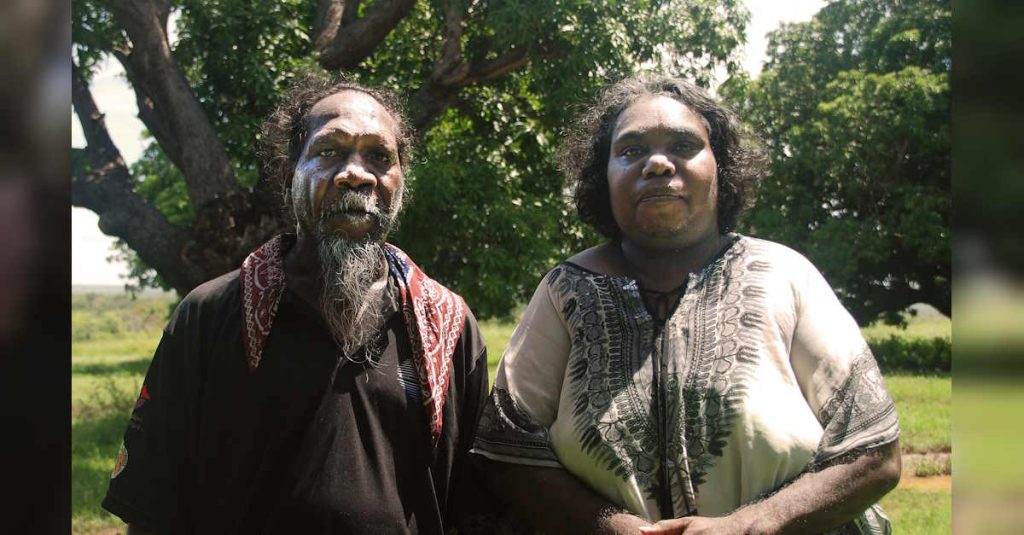The upcoming naming ceremony of the Seabourn Pursuit stands as a significant milestone in the cruise industry. For the first time, the Wunambal Gaambera Traditional Owners of Australia’s Kimberley region have been appointed godparents, symbolising a shared commitment to environmental stewardship and sustainable tourism.
Taking place between June 22 and July 4, the ceremony highlights the growing recognition of indigenous involvement in tourism. The appointment intends to reflect Seabourn’s dedication to supporting local communities and encouraging positive cultural exchanges, with the Wunambal Gaambera playing a pivotal role in blessing the new vessel.
A Symbolic Gesture of Stewardship
Seabourn has made headlines by announcing the appointment of the Wunambal Gaambera Traditional Owners as godparents of the Seabourn Pursuit. This decision is not merely ceremonial; it underscores Seabourn’s commitment to partnering with local communities to foster sustainable tourism practices. The appointment serves as a powerful symbol of respect and collaboration with the indigenous peoples whose lands are visited.
Empowering Local Communities
In an effort to cultivate long-term economic opportunities, Seabourn will make a donation to support local initiatives. These efforts include the development of arts and crafts industries, designed to be self-sustaining and beneficial for the Wunambal Gaambera people. By investing in community-driven projects, Seabourn is fostering a model of tourism that values cultural preservation and economic independence.
The commitment extends beyond financial contributions. It includes collaborative efforts to maintain and promote the Wanjina Wunggurr culture, ensuring its longevity and vitality for future generations.
Environmental and Cultural Responsibilities
The Wunambal Gaambera people hold a deep connection to their land and sea, often referred to as ‘country’. This traditional ownership comes with a collective responsibility to protect and nurture their environment, a commitment recognised and supported by Seabourn’s initiatives.
Catherine Goonack, Chairperson of the Wunambal Gaambera Aboriginal Corporation, highlights the importance of the partnership, emphasizing the alignment with Wanjina Wunggurr law, which is fundamental to their way of life.
The godparent role goes beyond traditional responsibilities, offering the Wunambal Gaambera an opportunity to actively engage in and influence the future operations of the Seabourn Pursuit within their custodial lands.
The Significance of the Naming Ceremony
Scheduled for June 29, the naming ceremony on Ngula Jar Island reflects a broader recognition of indigenous cultures in global tourism. By incorporating local customs into such events, Seabourn aims to set a precedent for inclusive and meaningful collaborations.
Natalya Leahy, President of Seabourn, expressed that involving local communities in the ship’s blessing enriches the significance of the event and aligns with the company’s values of cultural appreciation and sustainable growth.
Supporting Sustainable Tourism
Seabourn’s collaboration with the Wunambal Gaambera highlights a progressive model in the tourism industry, focusing on reciprocity and respect. By prioritising environmental conservation and cultural engagement, they are crafting a narrative of tourism that is beneficial for all stakeholders involved.
This partnership is a testament to Seabourn’s dedication to creating travel experiences that are both enriching and responsible, demonstrating a shift towards acknowledging and empowering traditional custodians of the lands they explore.
The Broader Impact on the Industry
The initiative taken by Seabourn with the Wunambal Gaambera is poised to influence the cruise industry significantly. Recognising indigenous communities as key stakeholders in tourism development can drive positive changes across the sector, fostering more ethical and sustainable practices.
The cruise line’s dedication to sustainable tourism and cultural exchange not only supports the Wunambal Gaambera but also sets a benchmark for other companies to follow, promoting a future where tourism supports and preserves global heritage.
Conclusion
The Seabourn Pursuit’s naming ceremony marks a pivotal moment in aligning modern tourism with indigenous traditions. By entrusting the role of godparents to the Wunambal Gaambera, Seabourn underscores a commitment to sustainability and cultural respect, paving the way for a more inclusive industry.
This partnership provides a template for future endeavours, illustrating how travel and tourism can be instruments of sustainable development and cultural understanding.
The collaboration between Seabourn and the Wunambal Gaambera Traditional Owners offers a forward-thinking approach to integrating cultural respect and sustainability within the tourism sector. As the industry evolves, such partnerships are crucial in shaping a responsible future.

